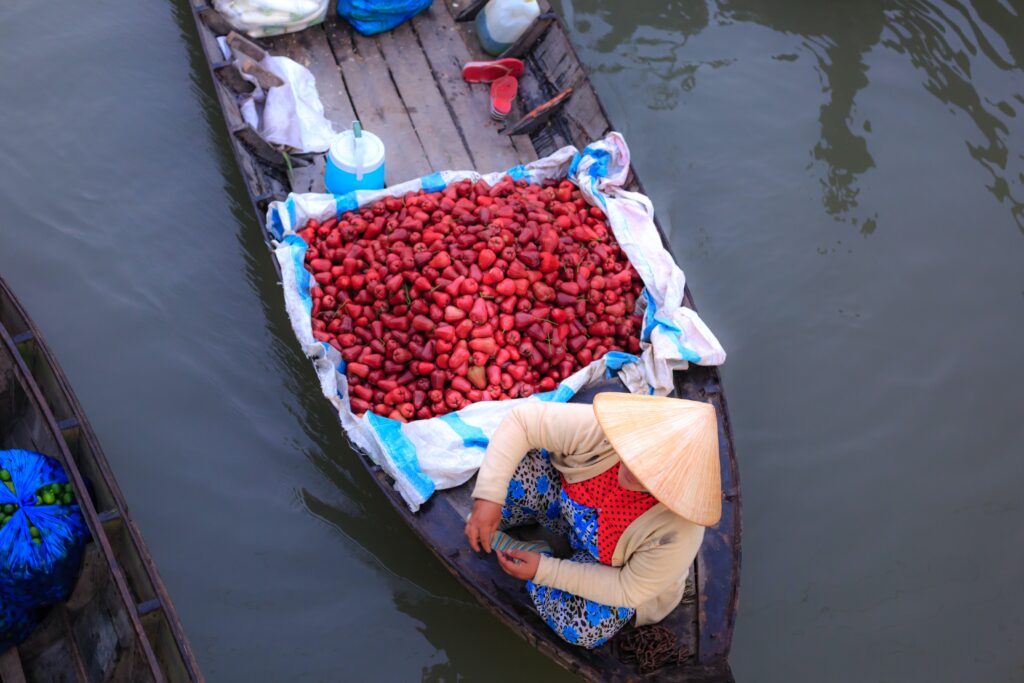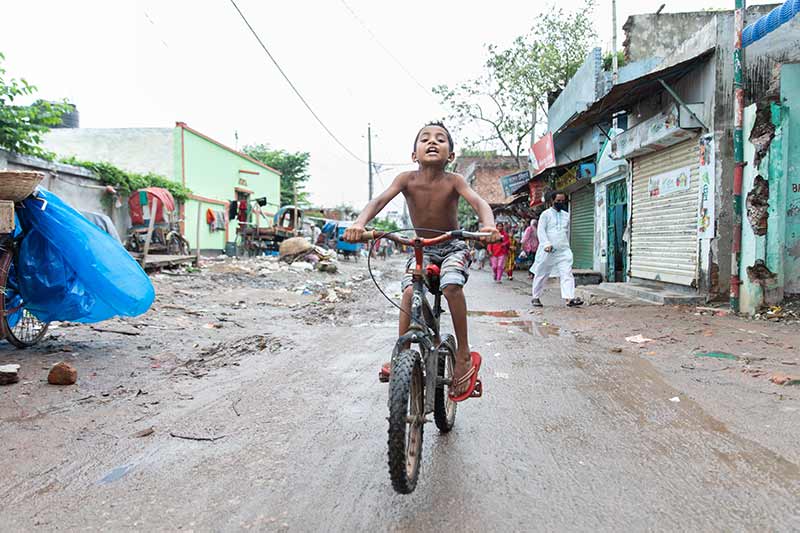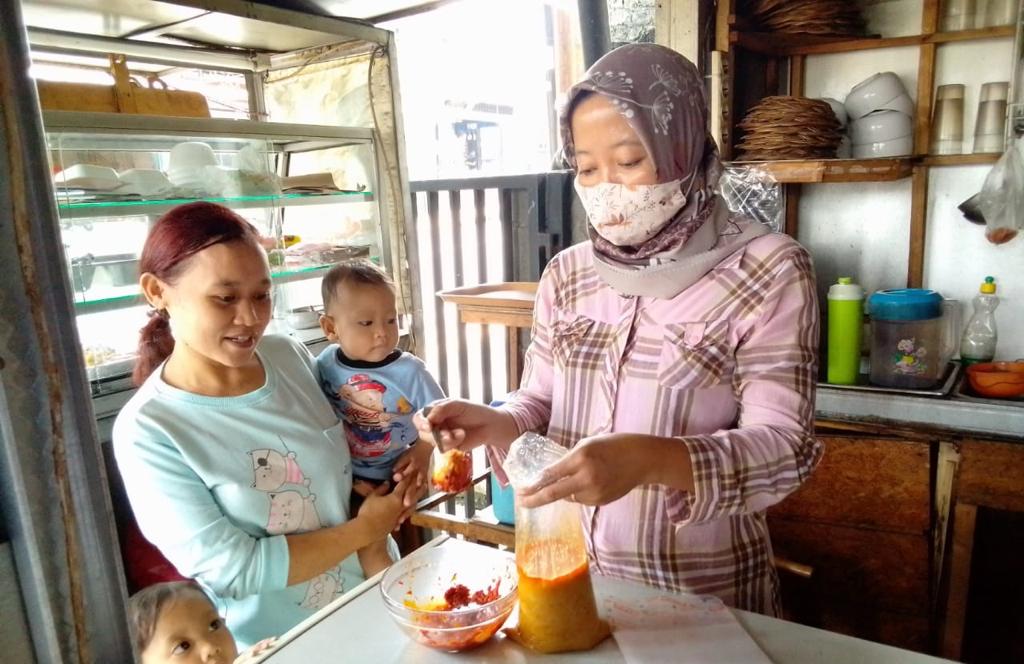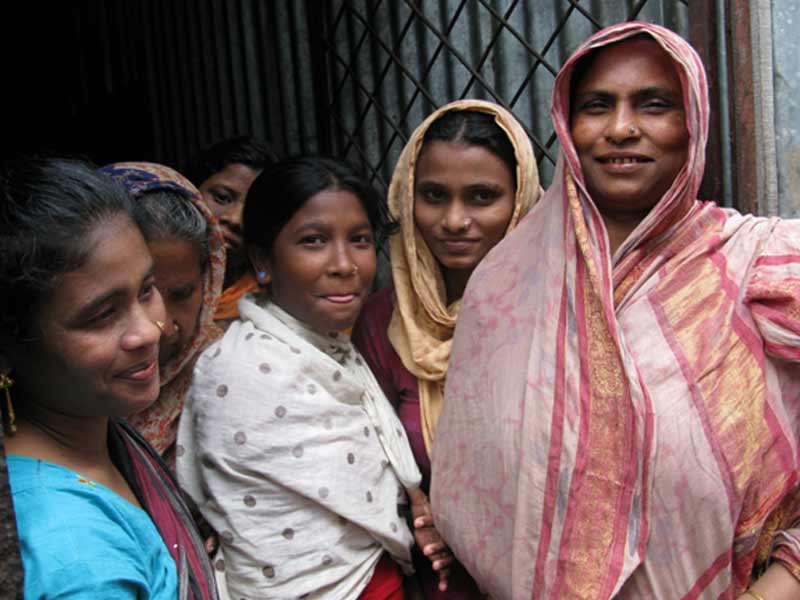
There is no way to sugarcoat it – the COVID pandemic exposed a shocking lack of resilience in agrifood systems in Asia-Pacific. Faced with another crisis in the form of the War in Ukraine, things have only gotten worse in 2022.
This is why the FAO’s Asia-Pacific Symposium on Agrifood Systems Transformation was so desperately needed.
The event, which took place on October 5-7 in Bangkok, Thailand, brought together government ministers, agrifood representatives, and other stakeholders from across the region to discuss how the fragility of Asia-Pacific’s food systems could be repaired.
So, what can be learned from the Symposium? They key was two critical concepts which must underpin all efforts to address food insecurity moving forward.
Resilience
The very first panel of the Symposium discussed the impacts of the pandemic and other crises on agrifood systems. This was no accident. The fact is, between COVID, conflict in Ukraine, and ongoing extreme weather events related to climate change, the world is in an era of crises.
Accordingly, a fundamental message of the Symposium was the urgent need to build resilience in agrifood systems to effectively face crises in the future.
This should include boosting local food production and leveraging informal food distribution channels; it should mean utilizing digital innovation from ‘farm to fork.’ Most importantly, resilience must focus on greening food systems to increase environmental sustainability.
In each case, resilience must be placed at the heart of food systems moving forward.
“Better Life”
The second critical takeaway from the Symposium relates to the concept of a “Better Life,” part of the FAO’s “Four Betters.”
The key, according to Aziz Elbehri, a Senior Economist at the FAO who spoke and moderated at the Symposium, is approaching the agrifood system “from the people’s perspective as opposed to the system itself.”
Think about how globalization has brought economic growth around the world, but often in a way that has negatively impacted food security. In many places, it has meant low-quality imported food replacing nutritious traditional diets; it has meant a shift from food crops to cash crops which reduces local resilience, and agricultural support focused on profits over health; it has meant that environmental sustainability is ignored.
The results of this are evident – the amount of food produced around the world keeps rising, as does global GDP, while food insecurity spikes. A “Better Life” means thinking about how agrifood systems impact people, rather than the system for the system’s sake.
In other words, what good is economic growth if it doesn’t lead to better lives?
It is this change in perception which is most important if food insecurity is to be addressed.
Moving forward from the Asia-Pacific Symposium on Agrifood Systems Transformation
There can be no doubt that the Symposium has provided a foundation from which to build, two key concepts to underpin efforts and inform decisions moving forward – resilience, and a better life.
Learn more about resilience here.
And check out how a “better life” is being pursued in the Pacific Islands here.



